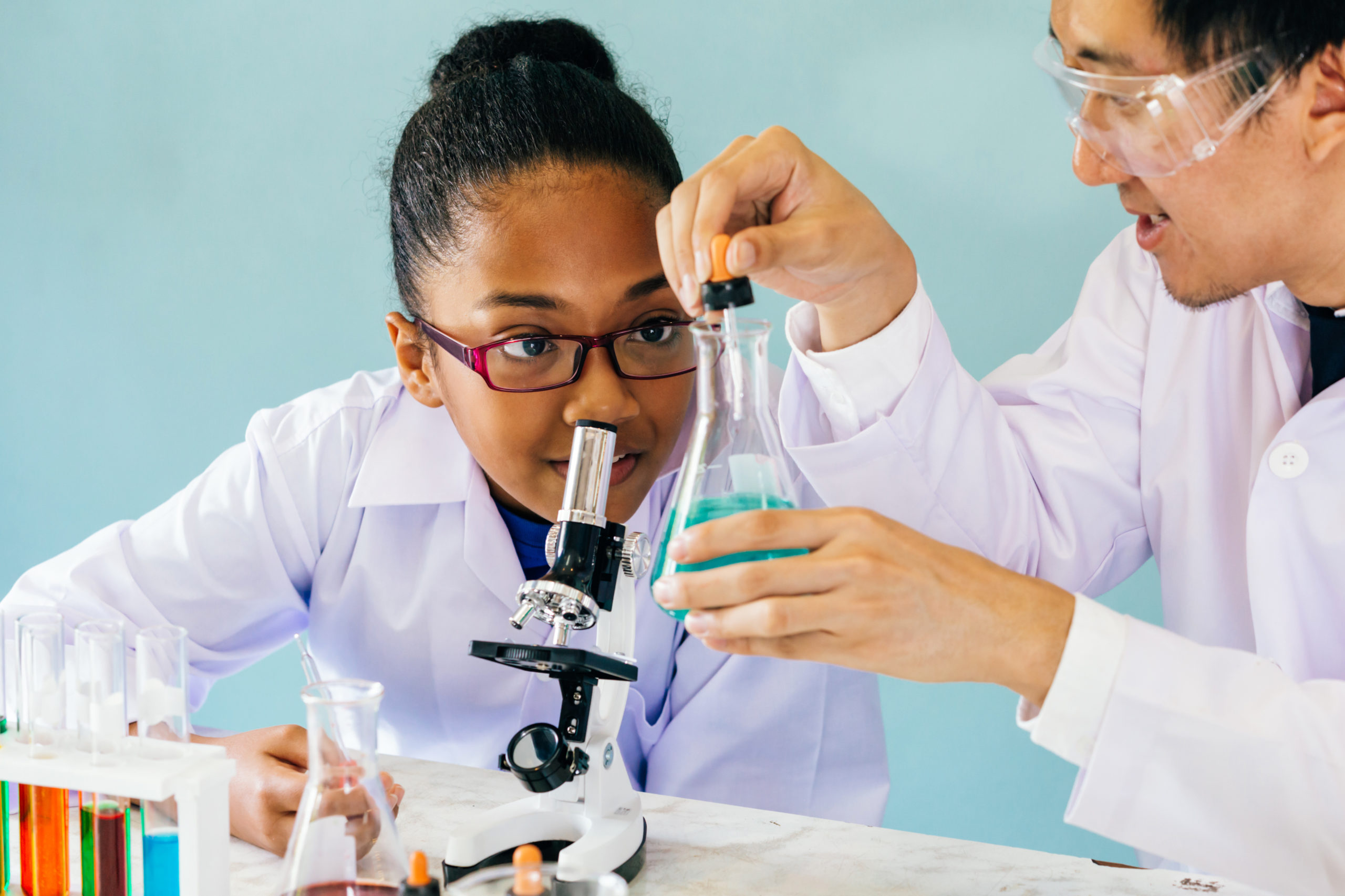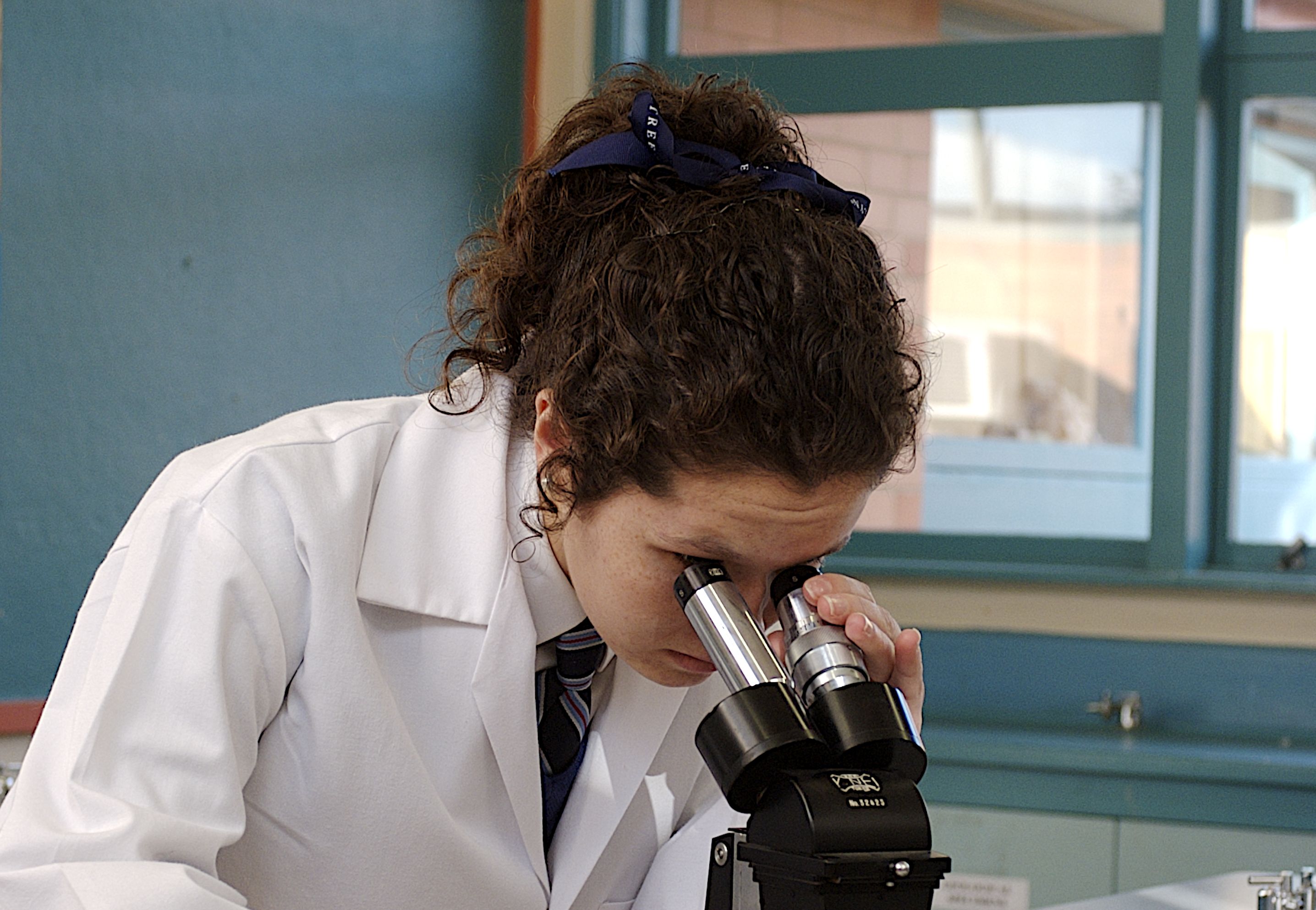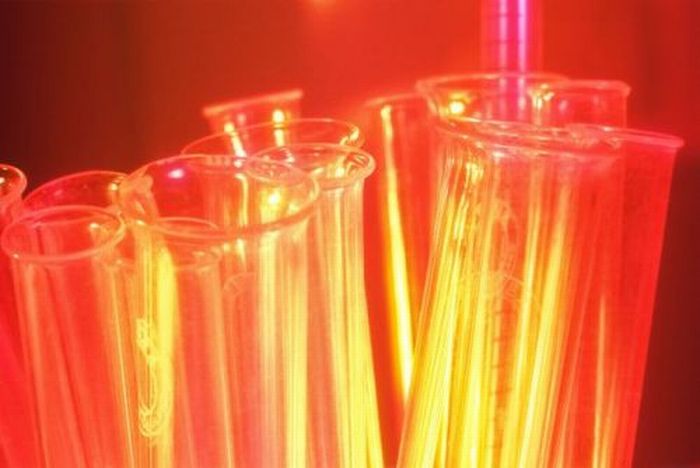
Sam Holyman outlines required practicals for GCSE and A-level Science specifications and why they are vital in the school curriculum.
Read more
Sam Holyman outlines required practicals for GCSE and A-level Science specifications and why they are vital in the school curriculum.
Read more
Most practical work in UK secondary schools follows a recipe-based formulaic approach which fails to teach students how to work independently or investigatively.
Read more
Practical work is integral to the National Curriculum yet it is likely to be the aspect most disrupted during the Covid-19 pandemic.
Read more
In my opinion Key Stage Three is the most important time in secondary school and the time when we can have the biggest influence on students. It’s a time where we can have a significant impact both academically and socially. I even put this to Twitter and Twitter agreed: 50% of people shared this view! […]
Read more
The recent collapse of alternative qualifications and the narrow focus on which qualifications count for Progress 8 scores mean that GCSE Combined Science has become the default entry route to a science qualification for students in England. Some schools co-teach GCSE Combined Science with Entry Level Certificate (ELC), but an increasingly challenging curriculum presents difficulty […]
Read more
Experimentation is the essence of learning science. Learning science without practical work is like learning literature without reading books. This has been the mantra for science teaching, in the UK at least, since universal science education began in the 1980s. But with school and college budgets reducing, practical work is under scrutiny as never before, […]
Read more